Emissions Analytics argues that current Pareto-efficient solution for decarbonization would be hybrids, not BEVs, based on do-no-harm
Green Car Congress
MARCH 22, 2023
On this basis, and of Pareto efficiency, Emissions Analytics argues, until battery-electric vehicles can reach certain performance characteristics, government and industry support should switch immediately from EVs to full hybrids to create maximum welfare. The test cycle was made up of five repeats of the EQUA cycle, totalling 741 km.

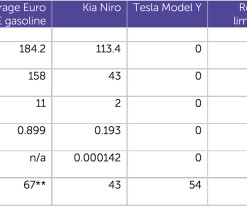

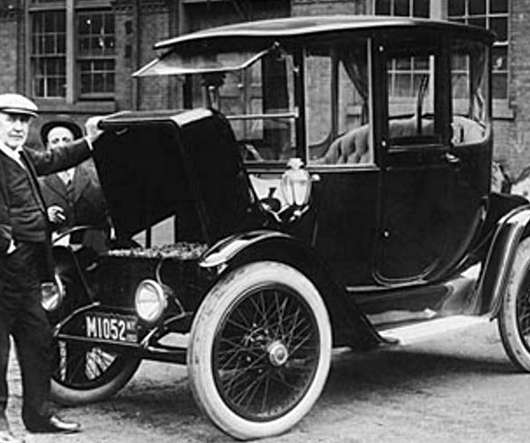




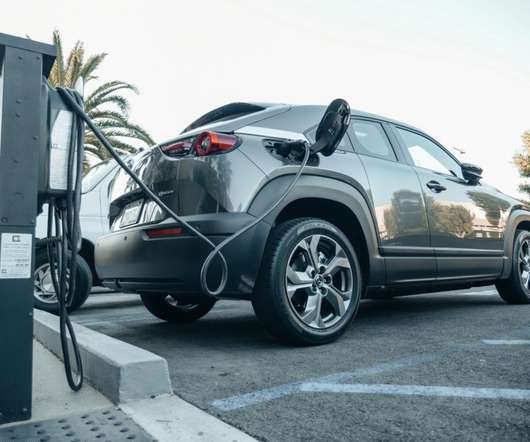












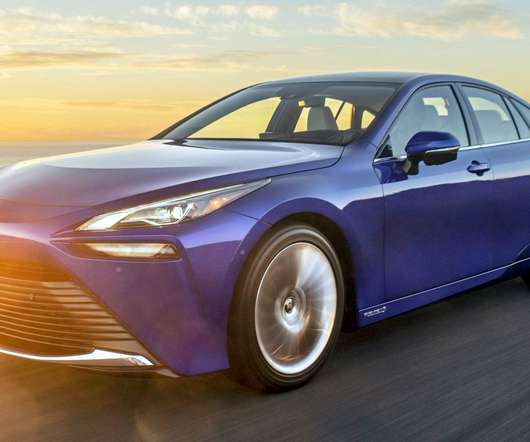



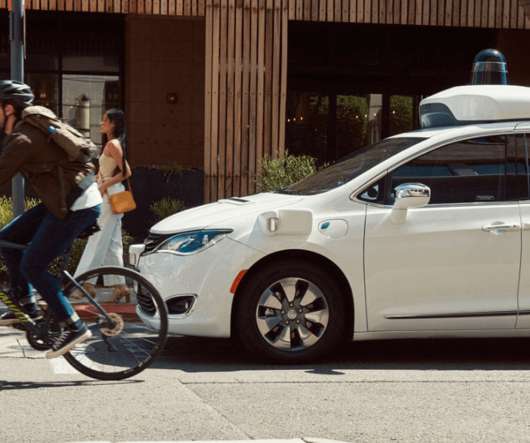
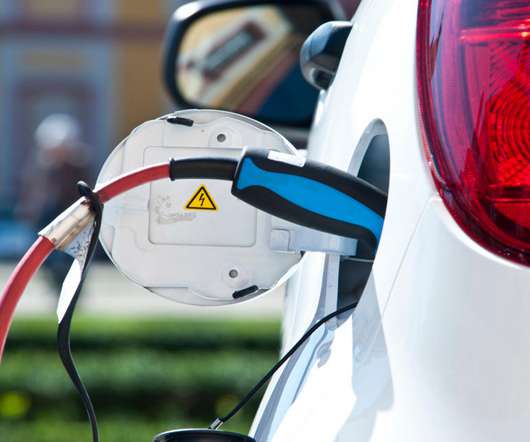

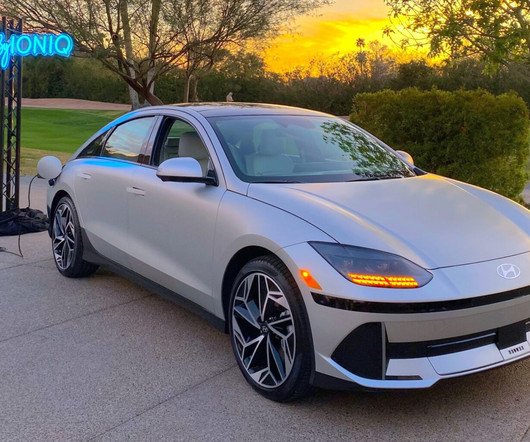





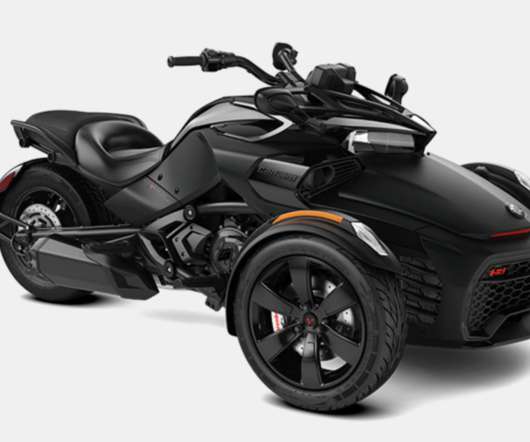
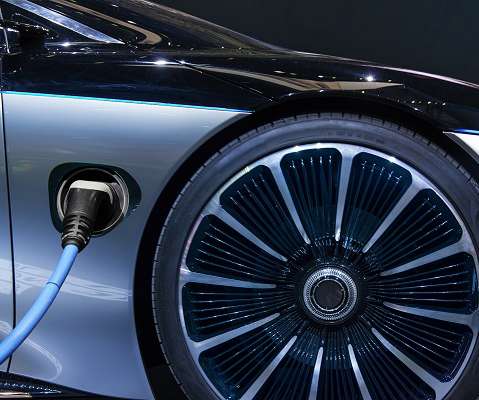











Let's personalize your content